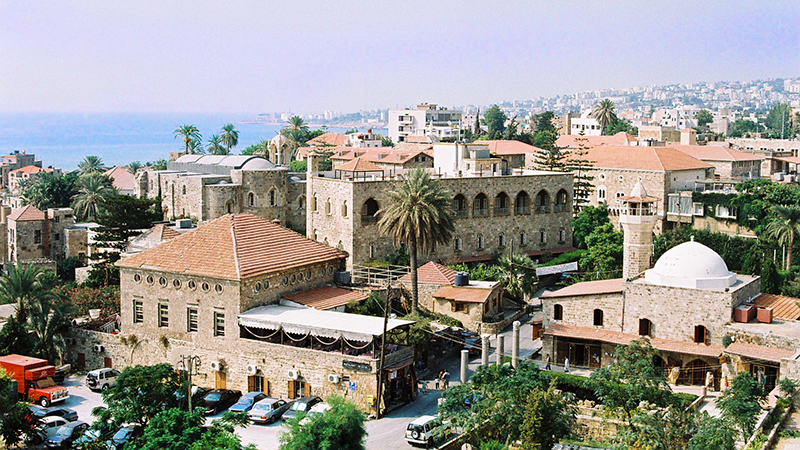Once upon a time, there was a jaw-dropping beautiful country, where geography teachers at school were insistent on reciting how Lebanon was the only country in the world, where – at the end of springtime – you can go to the mountains to ski and an hour later take a swim in the Mediterranean Sea.
I remember how proud we used to feel – lucky, despite growing up during war time – that we could both ski and swim in an hour. This, though none I know of, or myself, has ever done. This fairy tale grew with us; we were somehow the protagonists of that unique story.
None of the countries surrounding us had what we had – democracy, freedom of press and cults, snowy mountains, liberty to wear what we want, public consumption of alcohol, and most importantly, banks that gave us 12% interest. The fact is, even during war time, banks were reliable and solid in Lebanon, the reason being the black market thriving on arms and drugs
sale.
The bottomline is, we were good; our fridges were full, and we had the latest technology in hand, besides the finest clothes. We had Lebanese channels like LBC which gave us the best quality TV shows to watch. Somehow, war was that thing on the side like a TV break, which instead of five minutes lasted five months disrupting our lives from year to year. It was, mostly for us children, a break from school.
The Lebanese trademark was always their resilience; they survive war by cheating death, going to underground clubs, and smoking the finest weed. Reality was a fairy tale. The table, however, was full of all sorts of food. Mezzah is something that Europeans cannot get their hands on in their wildest fantasies.
I would daydream this enchanting story while living abroad, when finally after 17 years I went back to Lebanon hoping that despite everything the place would always be fine. I closed my bank accounts, wired everything to that 12% interest account that the Lebanese bank generously offered us, without any malice, as reassured by Riad Salameh, who served as governor of the Lebanese Central Bank from 1993 to 2023.
His famous leitmotif was the Lebanese pound is doing fine – a great lie revealed after the pound lost 95% of its value.
In May 2023, Lebanon received a red notice by Interpol against Salameh for “corruption charges, including forgery, money laundering and embezzlement”.
Five years have passed since the fairy tale was replaced by an economic crisis. The path of recovery is still lost. Amidst growing concern that the country will witness a large-scale war with Israel, which threatens to deepen the effects of the historic economic collapse that Lebanon has been experiencing since October 2019. The GDP had collapsed by close to 40% leading the country into a triple crisis, involving the downfall of its currency, its banks, and its public debt.
Lebanon seems to be a harsh reality for some, my family for example. My brother suffered a heart attack after losing all his money, with the needs of his family remaining unmet. My mother died in 2020 from health complications since the bank refused to give us our own money to send her to her usual doctor for an operation. My father’s health deteriorated and what was left of him was 40 kilos of worries and grief till he passed away last June.
A grief for a country, he once believed in with all his soul, a promise of a country where despite everything his children will grow up safely and a fairy tale that mountains and seas fed his wildest imagination.
Lebanon is lost forever to some but to others in denial they still feed social media with the craziest stories.
This June, famous Egyptian singer Amr Diab filled Beirut Waterfront for the second year in a row (his first being in 2023). At that time, Beirut experienced an explosion at a port warehouse which left half of the capital destroyed and 300,000 people homeless.
Instagram reels showed the Lebanese euphorically dancing on one side, while grieving for their children on the other.
Hezbollah opened a second front with Israel on October 7 last year, which still continues. In the middle of all this are the Lebanese, struggling through each month with fear and anxiety, and wondering if there would be an end to their continuous nightmare. Would this, once Switzerland of the Middle East, mesmerize them again, bewitching their reality where a cup of coffee in the morning and the voice of singer Fairouz are not just sacred rituals but something more powerful – a promise that everything will be fine and that the best is ahead. – Christiane Waked is a Lebanese French columnist and political analyst.


Leave a Reply